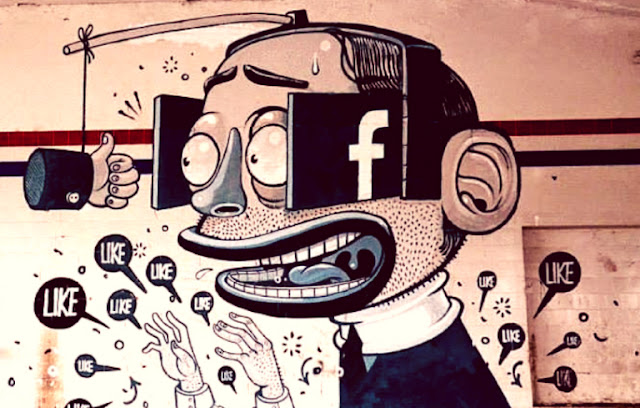Kia Kaha Christchurch - the need for compassion.
The 15th of March 2019. A date that will remain in my country's history forever. On this day 50 New Zealanders died in our nations worst mass shooting. I have been trying to process why this happened, how could this have occurred in my country? These things happen elsewhere in the world but not in mine.
How can I as an educator, help stop these terrible events from occurring? The common approach is to look at empathy and developing it in the classroom.
Learning has to starts and end with the individual: What do I know, and how do I relate to the world around me?
However, by focusing on empathy, this should, by design, result in personal and social change through a combination of self-direction, reflection, and positive interaction with ideas and the people who have them. However, with the development of AI and media, algorithms are reinforcing individuals preconceived values and ideas. This creates our bubbles.
The role of empathy in learning is based on the flow of both information and creativity. A dialogue with the world around us requires us to understand ourselves by understanding the needs and condition of those around us. To have our ideas challenged. It also encourages us to take collective measurements rather than singular, forcing us to be intellectually interdependent.
However, is empathy an unquestionably desirable thing? Is having it good? Is the more you have, better? Having empathy is certainly desirable and is associated with improved relationships, but are we overplaying its importance or misunderstanding it?
Cognitive psychologist Paul Bloom suggests that empathy comes in two forms: cognitive empathy - "I recognize your pain and emotional empathy - "I feel your pain."
The common interpretation of empathy is seeing things from another person's perspective (cognitive empathy), but the other form, emotional empathy is more than that. It describes a situation where someone is literally experiencing the sensations you're experiencing.
Paul Bloom cautions that high levels of emotional empathy can lead to faulty and irrational decision making. This form of empathy prevents a learner in taking a detached and measured stance on a very troubling or complex situation.
In being overly emotionally drawn into the struggles and difficulties of others such that learners can become ineffective in helping the person(s) in difficulty or in resolving the situation, it also creates an emotionally charged and highly stressed environment, so the learner burns themselves out as their energy and focus is consumed by anxiety over the situation.
In short, emotional empathy like these leaves everyone worse off, and invariably means that an already poor situation is worsened. So, as educators, what should we be developing instead?
Develop self-awareness.
It is important to recognize that when we feel the pain of someone else, we are not helping them. Reflecting on the underlying needs we are hoping to fill however, is a good start.
Boost knowledge and critical thinking skills
In these times of social media echo chambers this is increasingly important. We need to develop in our learners approaches that teach detachment, rational thought and experimental thinking. This involves challenging their misconceptions with evidence which they have not been introduced and to disparate ideas which help foster new understandings of the complexity of the world around them. To grow those skills around critiquing information and not taking things at face value.
Focus on developing compassion instead
Compassion is not soft and cuddly. It is based upon the notion of "detached caring". Professor Paul Gilbert describes the effective practice of compassion as requiring the courage to care, the wisdom to know what to do, and the ability to take action to address the situation. This approach provides effective assistance to those who need it but crucially, avoids creating a costly emotional burden on the individual and a feeling of it all being too much to deal with.

In this way our learners can become globally aware, active and develop actions to make sure events like the one that happened in Christchurch never happen again.




Comments